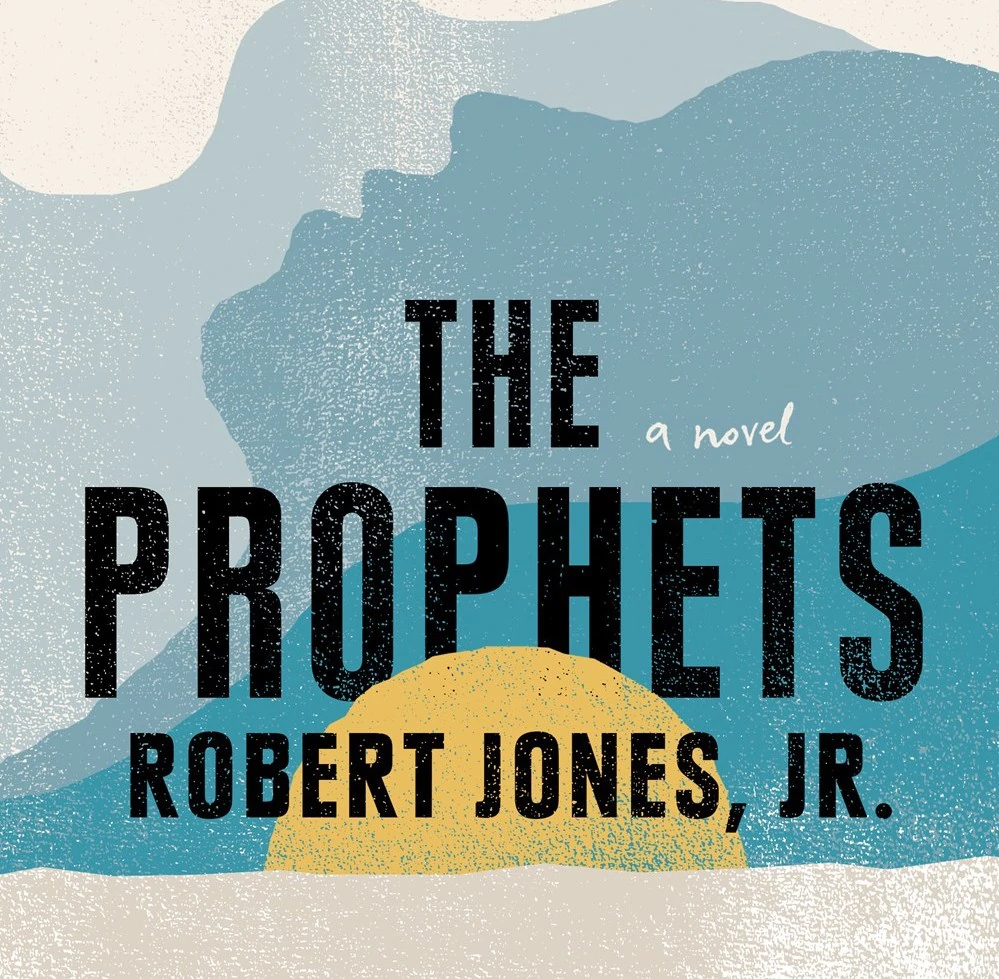
A Review of The Prophets by Robert Jones, Jr.
Words By Carissa Villagomez
Published on January 5th, 2021 by G.P. Putnam’s Sons
The Prophets is, to say the least, a difficult read. I expected that, given that it is a novel about two enslaved men whose love for one another is put in peril by their Deep South surroundings. Samuel and Isaiah are slaves on a plantation known as Empty, where they grew up. People begin to take notice of their hidden relationship, which leads to devastating results.
This book is heartbreaking. Slavery, rape, enforced breeding of human beings. It’s not a read that you casually pick up on a Saturday night. It will take time and numerous pauses to get through. What’s truly astonishing is Jones’ ability to weave beauty into a text so full of terror and cruelty. Sentences appear along the way that will leave you breathless because the loveliness of the figurative language is so at odds with the horrific tragedy of the story.
The book is a bit confusing at first. The reader is plopped right into relationship dynamics in a way that sometimes makes it hard to remember the names of each character in the cast. There were passages to reread because the abrupt shift to a completely different scene was confusing, like when Isaiah has a vision without any explanation or change in the formatting of the text. These breaks, in which the attention of the paragraph shifts, muddled the story in a few places. However, as the novel progresses, the relevance of these shifts becomes clear. They weave a connection to Samuel and Isaiah’s past spiritual selves and are a testament of the lingering awareness passed down from generation to generation.
Going into the book, I thought The Prophets would focus solely on the perspectives of Isaiah and Samuel. However, Jones provides a much more expansive view, with each chapter jumping from person to person on the plantation. The reader gets the perspective of other slaves, like Maggie. She remembers the old ways of her cultural predecessors due to her lingering awareness and spiritual connection to her ancestors. The text even presents the perspectives of the plantation owners, a jarring shift from the slaves’ accounts meant to broaden the narrative to include all the individuals connected to Empty. I found this stylistic hopping difficult to digest initially, particularly because the cast is so large. Dozens upon dozens of pages will go by without Isaiah or Samuel mentioned, but they do eventually reappear, whether physically or in the thoughts of characters. The number of chapters written from the perspectives of others outnumber the chapters written from the perspective of Samuel or Isaiah. In this way, the reader gets to understand more about how other people view Isaiah and Samuel’s connection. It seems the purpose of this stylistic choice is to shift the focus to outsiders witnessing the depths of Isaiah’s and Samuel’s love rather than exploring the lived experience of that love. The structure accomplishes this pivot in perspective framing, but at the cost of feeling distant from these vital characters.
The text is stronger past the halfway point as the plot picks up pace, previously mentioned details are somewhat clarified, and the characters grow more well-defined. Overall, I would recommend The Prophets to anyone looking for a complex, nothing-held-back novel from the often-unexplored perspective of LGBTQ+ enslaved persons. If you plan to embark on this reading journey, be warned: you will need time, willpower, a load of tissues, and a way to manage your disgust and your anger at the cruelty portrayed within.